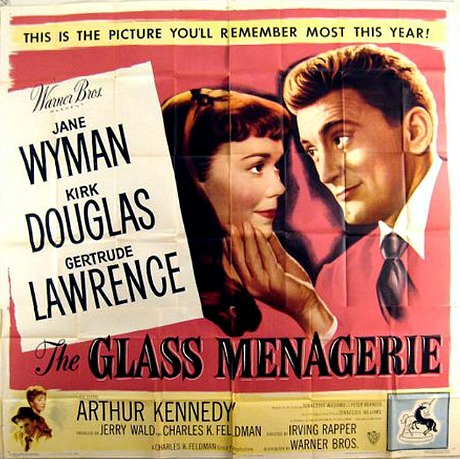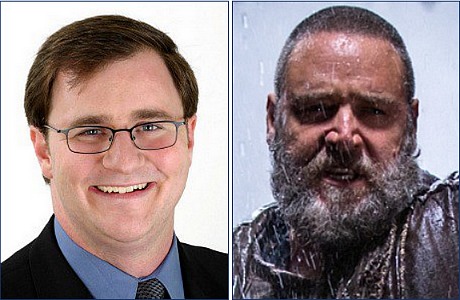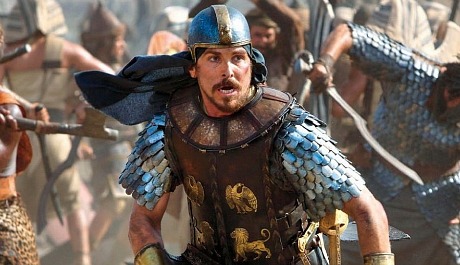There’s nothing special about this film of a 1963 Dr. Strangelove product reel except for one thing: it’s narrated by a guy who sounds like he grew up in the Bronx alongside Jake La Motta. The old-school, mostly Jewish and Italian Bronx, I mean. A voice that could have belonged to a Bronx cab driver or the owner of a Bronx bakery, dry cleaners or luncheonette. “Wait, hold on…you don’t have anything smaller than a twenty? I won’t have any change left.”
Watch and listen closely, and you’ll notice that almost all the scenes, much of the dialogue and some camera angles are not the refined versions used in the finished film.







